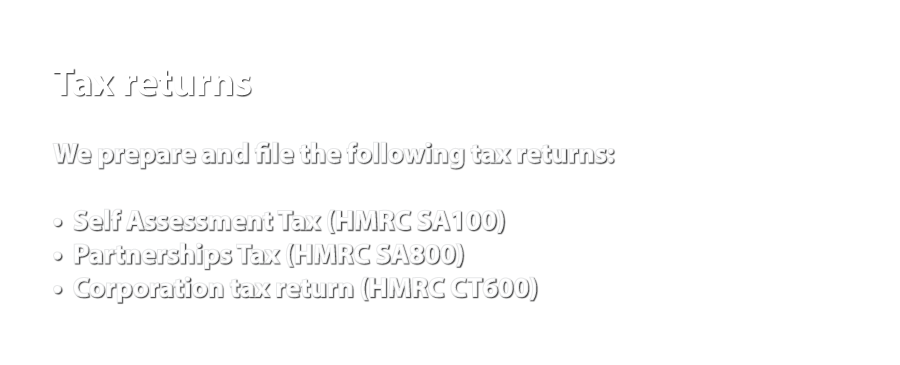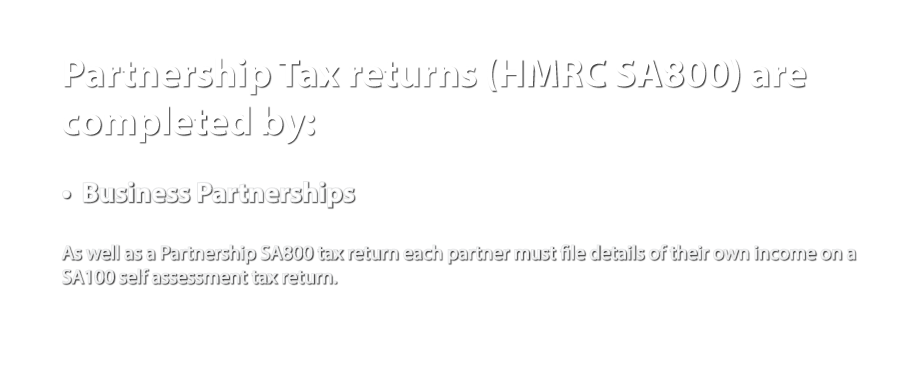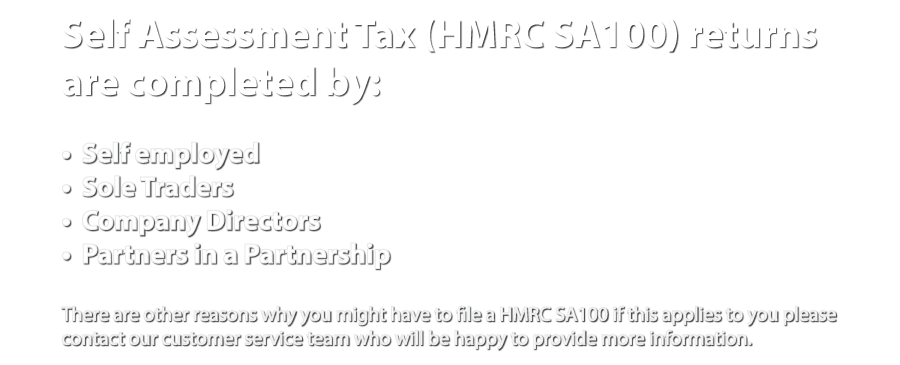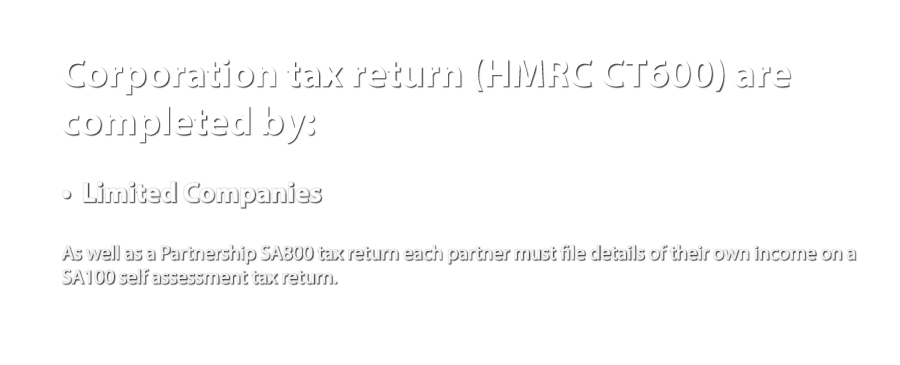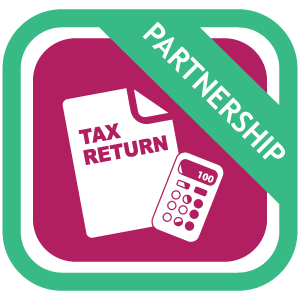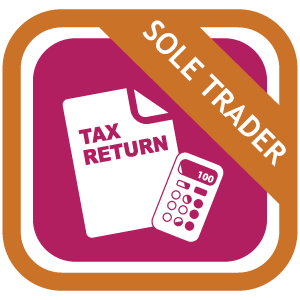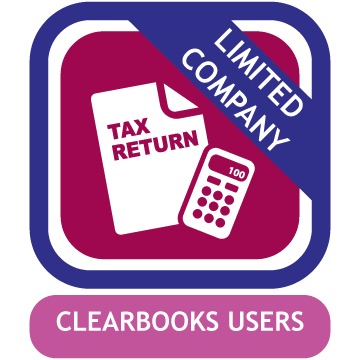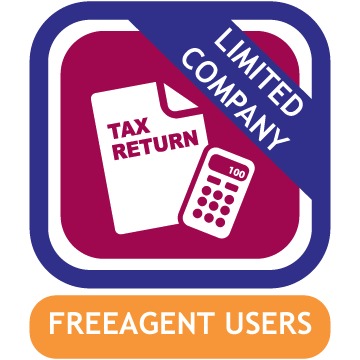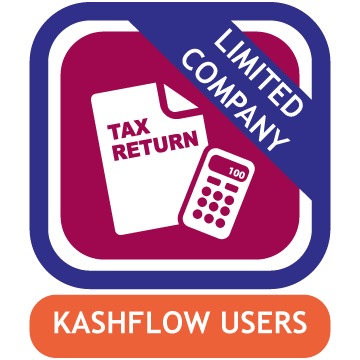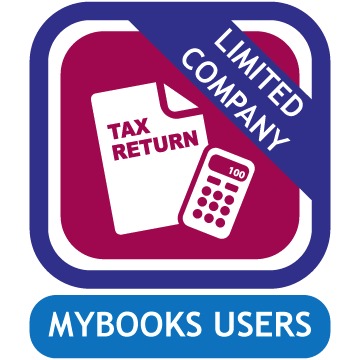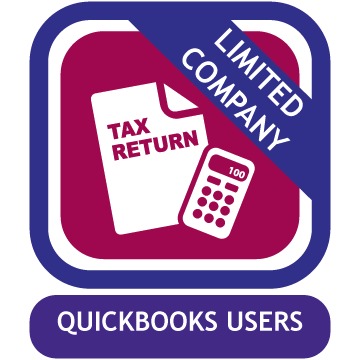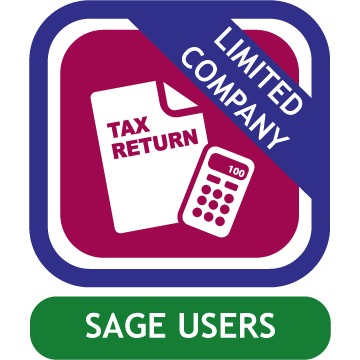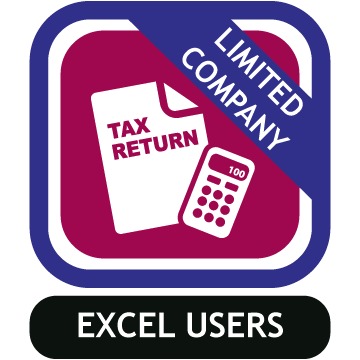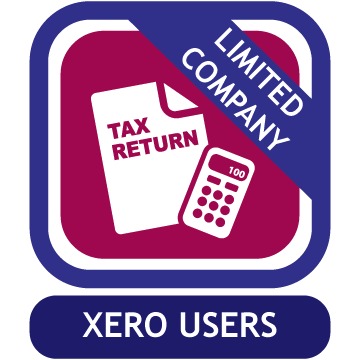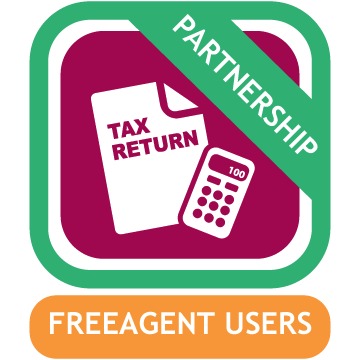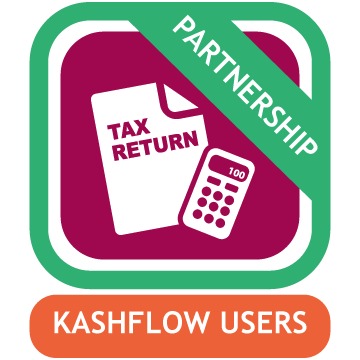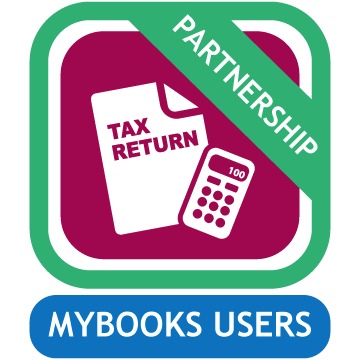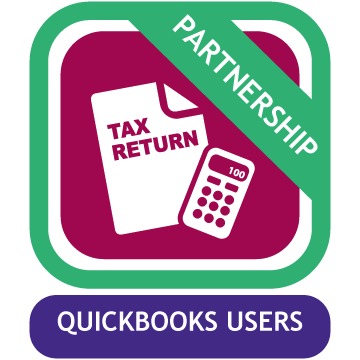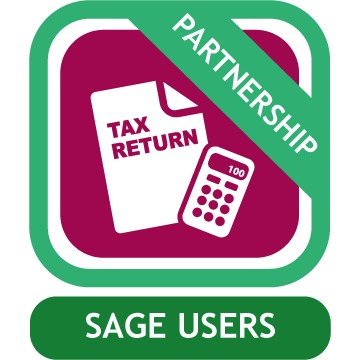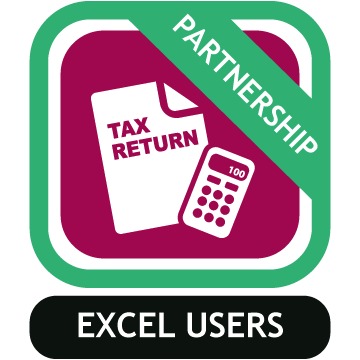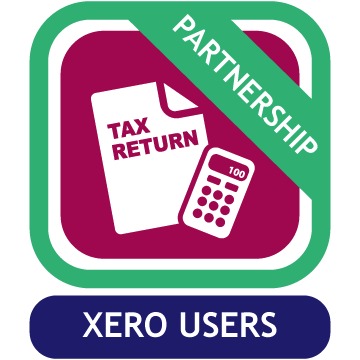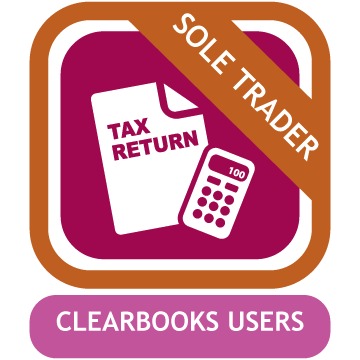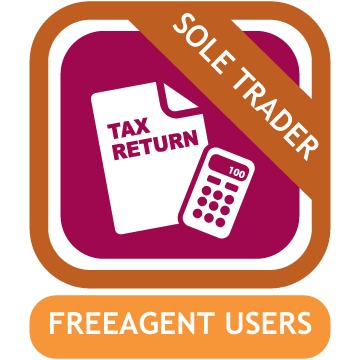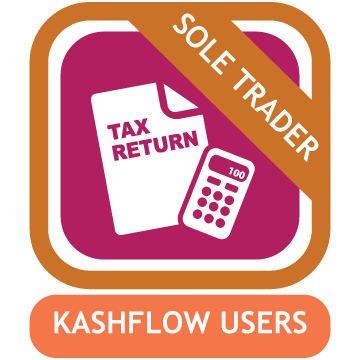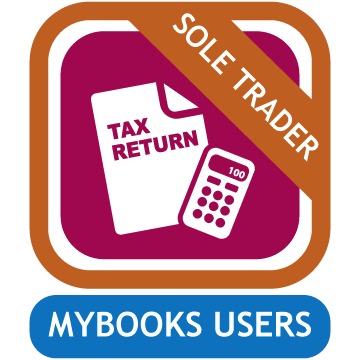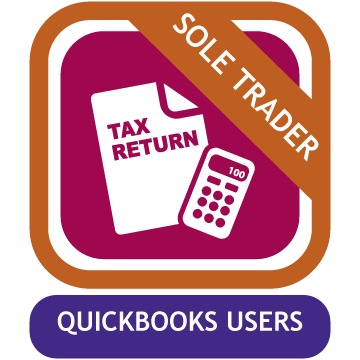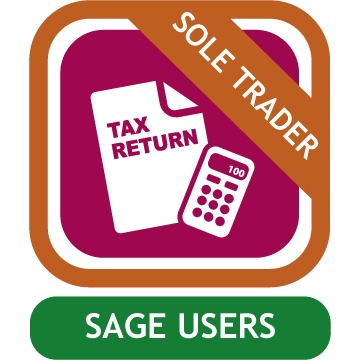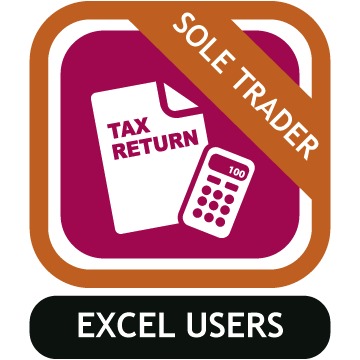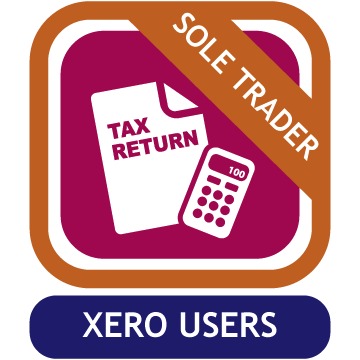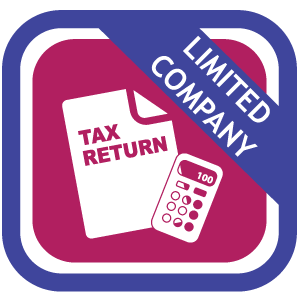
Product filters
To search for the specific products related to your business apply the follow filters:
At a glance
Partnership Tax return (SA800)
Who has to submit a
self assessment tax return?
Each partnership should nominate a managing partner. That is
the partner who will take responsibility to manage the financial affairs of the
business. In law a partners in a partnership are subject to joint and several
liability. That means each and every partner is potentially personally liable
for all of the partnerships debts not just their own share. Often the managing
partner is the one who co-ordinates with us to provide the information need to
complete the year-end partnership (SA800) tax return form.
Partners additional
tax returns
Anyone who is part of a business partnership, as the same
duty as a sole trader and must register their self employment with HMRC within
3 months of trading. Failure to do so
can result in HMRC fines and penalties. The partnership has to file a tax
return and additionally each partner must submit their own (SA100) self
assessment tax return.
As well as everyone who as a full time or part time income
has to tell Her Majesties Revenue and customs HMRC, commonly known as the
‘Taxman’, what tax is due to the UK Governments exchequer.
Self employed people do this by filing an HMRC tax form
called a Self Assessment Tax return and is given the file name SA100.
The nominated managing partner of a partnership has a duty
to file with HMRC a partnership tax return for the whole partnership, called an
SA800 Partnership tax Return.
The tax return has to be filed each year before 31stJanuary and any income relating to the previous years income between 6th April and the
following 5th April. For example:
On the 31st January 2016 HMRC self assessment tax
return you have to account for income relating to the period 6thApril 2014 until 5th April 2015.
It is important to employ a tax accountant to prepare a set
of year end annual accounts profit and loss schedule for the relevant tax
period. A a business partnership is allowed to offset their business expenses
against their income. Including purchase receipts which are verified by bank
statements helps reduce the profit and as a consequence reduce the amount of
tax payable to HMRC.
It is very important to understand the UK HMRC
tax rules because every partnership must
register and file an HMRC SA800. If you do not file a tax return then
you are liable to sever, fines and penalties, which will be imposed on you by
HMRC. In more serious cases where the taxpayers is considered to have ignored
their duty to register with HMRC for the purposes of declaring their income,
can face criminal charges which carry penalties of fines and imprisonment.
Who are HMRC?
Her Majesties Revenue and Customs (HMRC) are responsible for
collection of all taxes in the UK, commonly known as the ‘Taxman’.
How to Register
as an employer with HMRC
An employer has a need to register the business with Her
Majesties Revenue and customs HMRC, commonly known as the ‘Taxman’.
Dealing with HMRC and
paying tax
External functions include providing information
to Government agencies most commonly Her Majesties Revenue and Customs
Partnership Tax
return (SA800)
Who has to submit a
self assessment tax return?
Each partnership should nominate a managing partner. That is
the partner who will take responsibility to manage the financial affairs of the
business. In law a partners in a partnership are subject to joint and several
liability. That means each and every partner is potentially personally liable
for all of the partnerships debts not just their own share. Often the managing
partner is the one who co-ordinates with us to provide the information need to
complete the year-end partnership (SA800) tax return form.
When does the tax
return have to be filed?
Each year the partnership must file with HMRC a partnership
tax return for all accounting transaction in the period 6th April to
5th April the following year. The SA800 partnership tax return must be
filed with HMRC no later than 31st January the following year.
declared on the self assessment tax return. Which must be paid in full. Any
late payments will be subject to surcharge penalty by HMRC. Likewise severe
penalties apply to late or non-submissions. These fines escalate very quickly
and within a few short weeks can exceed £1000.
Partners additional
tax returns
Anyone who is part of a business partnership, as the same
duty as a sole trader and must register their self employment with HMRC within
90 days of starting trading. Failure to
do so can result in HMRC fines and penalties. The partnership has to file a tax
return and additionally each partner must submit their own (SA100) self assessment
tax return.
Everyone who as a full time or part time income has to tell
Her Majesties Revenue and customs HMRC, commonly known as the ‘Taxman’, what
tax is due to the UK Governments exchequer.
Self employed people do this by filing an HMRC tax form
called a Self Assessment Tax return and is given the file name SA100. Its not
just self employed people who have to file a HMRC SA100 Tax return. Other
employed people including directors of limited liability companies, higher rate
tax payers, if you have a separate part-time income from self employment, such
as income from renting property, some kinds of pensions and stocks and shares.
Partners in a business Partnership are self employed and
must register with HMRC and file a SA100 self assessment tax return each year.
The tax return has to be filed each year before 31stJanuary and any income relating to the previous years income between 6th April and the
following 5th April. For example:
On the 31st January 2016 HMRC self assessment tax
return you have to account for income relating to the period 6thApril 2014 until 5th April 2015.
It is important to employ a tax accountant to prepare a set
of year end annual accounts profit and loss schedule for the relevant tax
period. A self employed person such as a sole trader or a partner in a business
partnership is allowed to offset their business expenses against their income.
Including purchase receipts which are verified by bank statements helps reduce
the profit and as a consequence reduce the amount of tax payable to HMRC.
It is very important to understand the UK HMRC
tax rules because if the HMRC tax rules say you should register for self
assessment tax assessment, and file an HMRC SA100. If you do not file a tax
return then you are liable to sever, fines and penalties, which will be imposed
on you by HMRC. In more serious cases where the taxpayers is considered to have
ignored their duty to register with HMRC for the purposes of declaring their income,
can face criminal charges which carry penalties of fines and imprisonment.
Every company has each year to comply with the Companies Act
2006 and file an annual return at companies house. Not to do so is a criminal
offence and convicted directors are liable to pay a fine and have a criminal
record registered against their individual names.
Also every newly
incorporated company must register the new limited liability company with HMRC
for purposes of being assessed for payment of corporation tax.
Thereafter each year the Ltd Co., must file with Her
Majesties Revenue and customs HMRC, commonly known as the ‘Taxman’, a
corporation tax return. This HMRC form has a form name CT600.
It is very important to understand the UK HMRC
tax rules because every limited liability company must register and file an
HMRC CT600. If you do not file a tax return then you are liable to sever, fines
and penalties, which will be imposed on you by HMRC. In more serious cases where
the company is considered to have ignored their duty to register with HMRC for
the purposes of declaring income. The directors can face criminal charges which
carry penalties of fines and imprisonment.
Company directors should be aware of their obligation to
register their directorship with HMRC so that they can have their income
assessed for possible taxation.
Everyone who as a full time or part time income has to tell
Her Majesties Revenue and customs HMRC, commonly known as the ‘Taxman’, what
tax is due to the UK Governments exchequer.
Self employed people do this by filing an HMRC tax form
called a Self Assessment Tax return and is given the file name SA100. Its not
just self employed people who have to file a HMRC SA100 Tax return. Other
employed people including directors of limited liability companies, higher rate
tax payers, if you have a separate part-time income from self employment, such
as income from renting property, some kinds of pensions and stocks and shares.
The tax return has to be filed each year before 31stJanuary and any income relating to the previous years income between 6th April and the
following 5th April. For example:
On the 31st January 2016 HMRC self assessment tax
return you have to account for income relating to the period 6thApril 2014 until 5th April 2015.
It is important to employ a tax accountant to prepare a set
of year end annual accounts profit and loss schedule for the relevant tax
period. A self employed person such as a sole trader or a partner in a business
partnership is allowed to offset their business expenses against their income.
Including purchase receipts which are verified by bank statements helps reduce
the profit and as a consequence reduce the amount of tax payable to HMRC.
It is very important to understand the UK HMRC
tax rules because if the HMRC tax rules say you should register for self
assessment tax assessment, and file an HMRC SA100. If you do not file a tax
return then you are liable to sever, fines and penalties, which will be imposed
on you by HMRC. In more serious cases where the taxpayers is considered to have
ignored their duty to register with HMRC for the purposes of declaring their income,
can face criminal charges which carry penalties of fines and imprisonment.
Every company has each year to comply with the Companies Act
2006 and file an annual return at companies house. Not to do so is a criminal
offence and convicted directors are liable to pay a fine and have a criminal
record registered against their individual names.
Also every newly
incorporated company must register the new limited liability company with HMRC
for purposes of being assessed for payment of corporation tax.
Thereafter each year the Ltd Co., must file with
Her Majesties Revenue and customs HMRC, commonly known as the ‘Taxman’, a
corporation tax return.
This HMRC form has a form name CT600.
It is very important to understand the UK HMRC
tax rules because every limited liability company must register and file an
HMRC CT600. If you do not file a tax return then you are liable to sever, fines
and penalties, which will be imposed on you by HMRC. In more serious cases
where the company is considered to have ignored their duty to register with
HMRC for the purposes of declaring income. The directors can face criminal
charges which carry penalties of fines and imprisonment.
What happens if I
don’t file a Tax return?
HMRC have very powerful and wide ranging powers including
the power of arrest. If you fail to either register and or file a tax return,
then HMRC powers allow then to impose financial penalties and charge interest
on any due tax.
What
is a self employed person?
The UK Government is keen for more people to set up in business a
self-employed. One of the key attractions for becoming self employed is that
you no longer have to work for someone else. You are your own boss. Being your
own boss requires new start up business owner to be responsible for their own
sick pay, and paying your own taxes and pension provision.
What
is a self employed business entity?
Once you have decided to take the plunge and you start up your own new
business then you need to consider what kind of entity will operate your
business. Sole trader, partnership, or a limited liability company.
Registering as self employed with HMRC
start-up businesses choose simple self employment and trade their new business
as a sole trader. Whatever entity you choose you must register that you are
self employed with Her majesties Revenue & Customs HMRC. As well as
registering online with HMRC for self assessment tax returns. You should also
consider how you will pay your National Insurance contributions NIC’s
Everyone who as a full time or part time income has to tell
Her Majesties Revenue and customs HMRC, commonly known as the ‘Taxman’, what
tax is due to the UK Governments exchequer.
Self employed people do this by filing an HMRC tax form
called a Self Assessment Tax return and is given the file name SA100. Its not
just self employed people who have to file a HMRC SA100 Tax return. Other
employed people including directors of limited liability companies, higher rate
tax payers, if you have a separate part-time income from self employment, such
as income from renting property, some kinds of pensions and stocks and shares.
Partners in a business Partnership are self employed and
must register with HMRC and file a SA100 self assessment tax return each year.
The tax return has to be filed each year before 31stJanuary and any income relating to the previous years income between 6th April and the
following 5th April. For example:
On the 31st January 2016 HMRC self assessment tax
return you have to account for income relating to the period 6thApril 2014 until 5th April 2015.
It is important to employ a tax accountant to prepare a set
of year end annual accounts profit and loss schedule for the relevant tax
period. A self employed person such as a sole trader or a partner in a business
partnership is allowed to offset their business expenses against their income.
Including purchase receipts which are verified by bank statements helps reduce
the profit and as a consequence reduce the amount of tax payable to HMRC.
It is very important to understand the UK HMRC
tax rules because if the HMRC tax rules say you should register for self
assessment tax assessment, and file an HMRC SA100. If you do not file a tax
return then you are liable to sever, fines and penalties, which will be imposed
on you by HMRC. In more serious cases where the taxpayers is considered to have
ignored their duty to register with HMRC for the purposes of declaring their income,
can face criminal charges which carry penalties of fines and imprisonment.
Company directors should be aware of their obligation to
register their directorship with HMRC so that they can have their income
assessed for possible taxation.
Everyone who as a full time or part time income has to tell
Her Majesties Revenue and customs HMRC, commonly known as the ‘Taxman’, what
tax is due to the UK Governments exchequer.
Self employed people do this by filing an HMRC tax form
called a Self Assessment Tax return and is given the file name SA100. Its not
just self employed people who have to file a HMRC SA100 Tax return. Other
employed people including directors of limited liability companies, higher rate
tax payers, if you have a separate part-time income from self employment, such
as income from renting property, some kinds of pensions and stocks and shares.
The tax return has to be filed each year before 31stJanuary and any income relating to the previous years income between 6th April and the
following 5th April. For example:
On the 31st January 2016 HMRC self assessment tax
return you have to account for income relating to the period 6thApril 2014 until 5th April 2015.
It is important to employ a tax accountant to prepare a set
of year end annual accounts profit and loss schedule for the relevant tax
period. A self employed person such as a sole trader or a partner in a business
partnership is allowed to offset their business expenses against their income.
Including purchase receipts which are verified by bank statements helps reduce
the profit and as a consequence reduce the amount of tax payable to HMRC.
It is very important to understand the UK HMRC
tax rules because if the HMRC tax rules say you should register for self
assessment tax assessment, and file an HMRC SA100. If you do not file a tax
return then you are liable to sever, fines and penalties, which will be imposed
on you by HMRC. In more serious cases where the taxpayers is considered to have
ignored their duty to register with HMRC for the purposes of declaring their income,
can face criminal charges which carry penalties of fines and imprisonment.
Every company has each year to comply with the Companies Act
2006 and file an annual return at companies house. Not to do so is a criminal
offence and convicted directors are liable to pay a fine and have a criminal
record registered against their individual names.
Also every newly
incorporated company must register the new limited liability company with HMRC
for purposes of being assessed for payment of corporation tax.
Thereafter each year the Ltd Co., must file with Her
Majesties Revenue and customs HMRC, commonly known as the ‘Taxman’, a
corporation tax return. This HMRC form has a form name CT600.
It is very important to understand the UK HMRC
tax rules because every limited liability company must register and file an
HMRC CT600. If you do not file a tax return then you are liable to sever, fines
and penalties, which will be imposed on you by HMRC. In more serious cases
where the company is considered to have ignored their duty to register with
HMRC for the purposes of declaring income. The directors can face criminal
charges which carry penalties of fines and imprisonment.
Do company directors
also complete a CT600?
No. Only information relating to the limited company is
submitted on the HMRC corporation Tax return CT600.
It is the duty of every company director to both registered
with HMRC when they are appointed as a director of a limited company. HMRC will
then issue the appropriate Tax form:
A self assessment tax return SA100.



